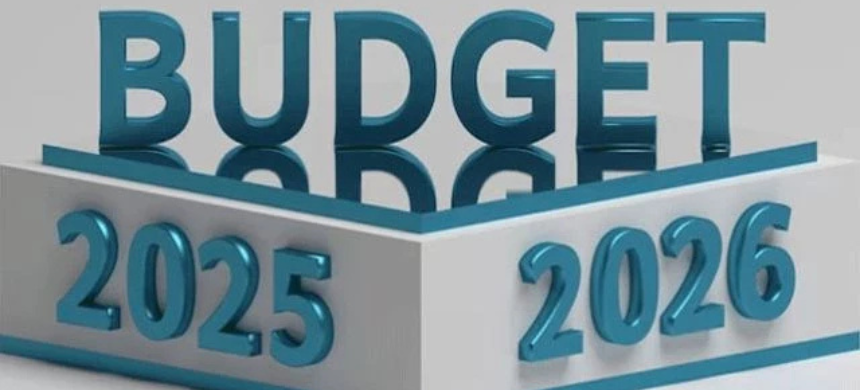The fiscal year 2025–26 officially begins today with the implementation of the Finance Bill 2025–26, introducing a range of tax reforms and regulatory changes. Key highlights include tighter restrictions on non-filers, revised income tax slabs, and new duties across various sectors.
Under the new regulations, individuals not registered in the tax system will only be allowed to maintain basic bank accounts with limited cash withdrawal options. Savings and current accounts are no longer accessible to those outside the tax net.
The Federal Board of Revenue (FBR) has pledged strict enforcement, particularly targeting large retailers not registered for sales tax. As of today, several new taxes have come into effect, including a 10% sales tax on imported solar panels, a 4% customs duty on hybrid vehicle components, and a 15% duty on agricultural tractors.
Read More: https://theneutral.pk/italy-to-issue-500000-non-eu-work-visas-over-the-next-three-years/
Meanwhile, salaried individuals earning up to Rs. 50,000 per month will be exempt from income tax, and those earning up to Rs. 100,000 will pay just 1%. Pensioners receiving over Rs. 850,000 monthly are now liable to pay income tax under the revised regime.
The FBR aims to collect Rs. 14,131 billion in revenue during the new fiscal year. A new Climate Support Levy of Rs. 2.50 per liter has also been applied to petroleum products and motor vehicles. Additional duties include 10% customs tax on eye drops, glucose products, and other medications.
For property and vehicle purchases, an FBR-issued certificate is now mandatory for any property transaction exceeding Rs. 50 million and for vehicles priced over Rs. 7 million. Businesses not registered for sales tax could face sealing or asset confiscation, while tax fraud above Rs. 50 million may result in arrest, pending committee approval.
Additionally, 122 items sold in border markets have been reclassified under new customs duty slabs of 5%, 10%, and 20%. However, the import of machinery for the textile sector remains exempt from duties.
In a significant move supporting healthcare, customs duties have been eliminated on cancer drugs, hepatitis B medications, vaccines, and 380 raw materials essential to pharmaceutical production.
These policy measures aim to expand the tax base, formalize economic activity, and increase revenue, while offering targeted relief to essential industries and low-income earners











